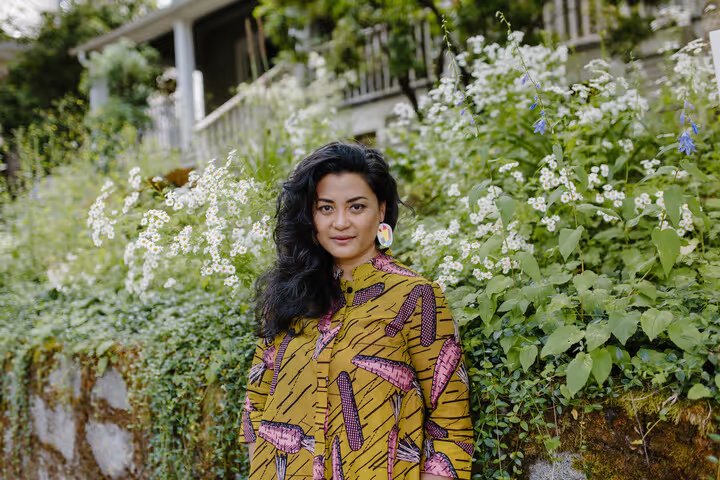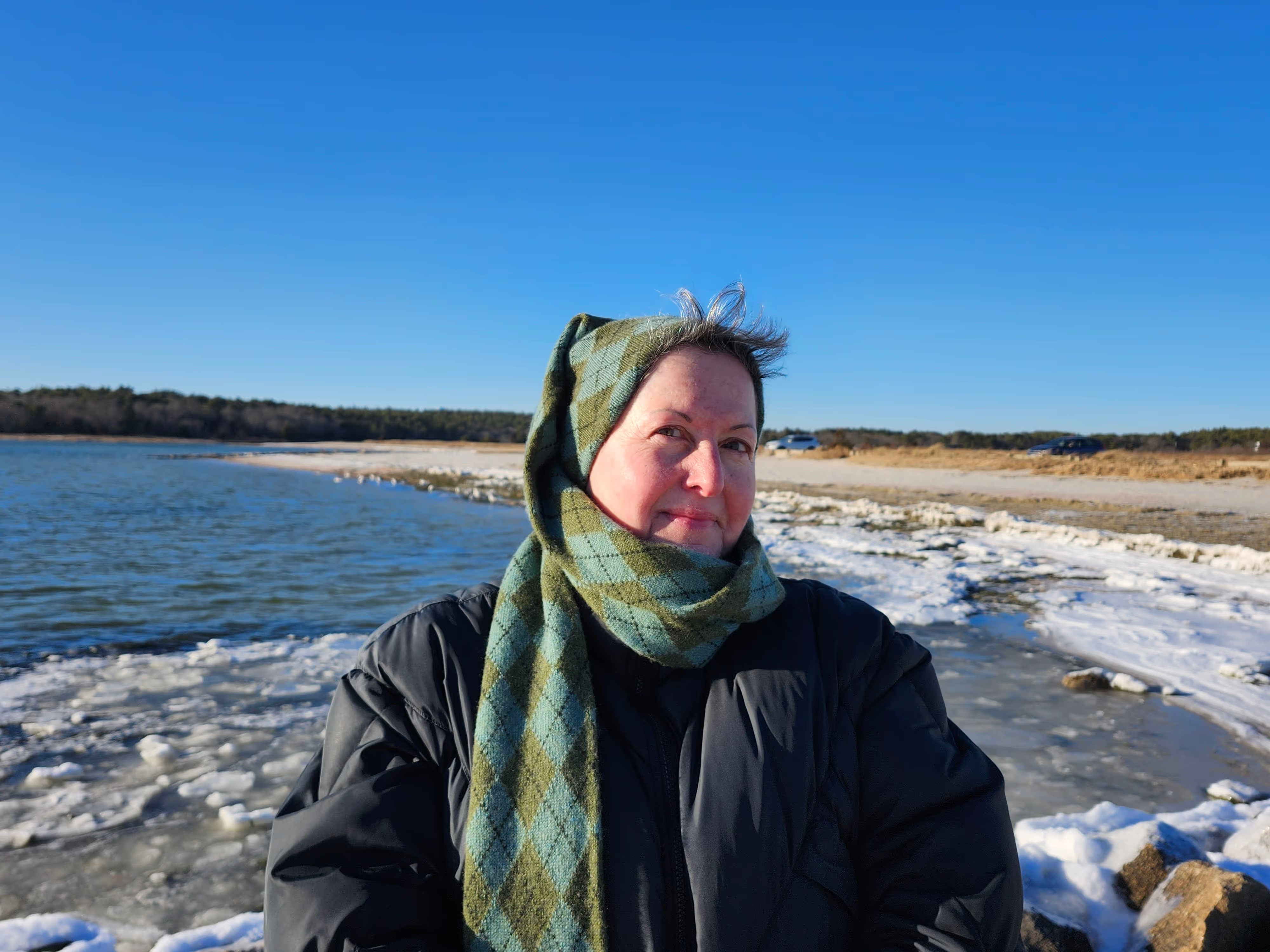Relationships are the heart of coaching
When asked to talk about the impact of coaching, her learners respond by saying things like “I appreciate your diligence,” or “Our time together has made a difference in my life.” Sometimes they just say they feel calmer after the conversation or they’re more focused to move forward. And sometimes it’s just a simple “Thank you.”
Yet it’s actually coach (and now coach supervisor) Daphne Jenkins who feels the impact from the learners she works with. “When learners give me feedback about how our time together helped them feel more relief, feel understood, feel seen, or take a tiny step forward toward a goal that might otherwise be overwhelming or scary, that means so much to me.”
Daphne spent the better part of a decade as a fifth-grade teacher, noting that she loved the structure of a lesson plan. As a coach, she’s able to get that same sort of foundational structure from the InsideTrack coaching methodology. “It’s great,” she says, “because the parameters of that structure allow for open-endedness, vulnerability and risk-taking — the real stuff that makes us human and able to connect in a relationship. It’s a beautiful balance.”
She sees the impact she makes in her coaching role as two-fold. First, she makes an impact with the learners she works with, helping them successfully overcome obstacles and move towards their goals. And second, she makes an impact by providing feedback to partners, allowing her to work at both the micro and macro levels to change learner trajectories and partner processes for the better. “Having equity as a guiding principle at the heart of coaching is essential,” she shares.
Daphne’s affinity for coaching can be attributed to her passion for relationships. This passion is also the foundation of the butter mochi pop-up business she started during the pandemic. (Butter mochi, for those who haven’t experienced this amazing treat, is a popular Hawaiian baked good made from butter, mochiko flour and coconut milk.) Making butter mochi gave her an opportunity to creatively connect with her Hawaiian homeland.
When she began to offer it to friends and her social media followers, it grew into an opportunity to creatively connect with the community too. “I would wave from the edge of my garage and they were at the front of my garage at a pickup table getting their order. It was a way to build community and relationships during the pandemic.” Daphne believes that building relationships is at the heart of both coaching and the baking business that she continues to run today. “Relationships move us forward, they give us community, and we know we’re not alone in our own endeavors as we strike out to try to achieve what we want. Relationship building and connecting with folks play a role in both baking and coaching.”
In coaching, Daphne finds the relationship can be elevated with a question. The question comes after a plan is established. She starts by reflecting on what the plan is and then asks, “How do you feel about that?” Then she listens. By shifting the conversation to feelings, rather than ending the conversation with a to-do list, she is able to get to know the learner better and deepen the coaching relationship.
If Daphne were to describe her signature as a coach she says, “I am really open to being vulnerable when necessary, and I’m insatiably curious. I think both of these strengths serve me when I’m coaching. Vulnerability makes me human and shows that I’m forever a work in progress. And I lead my coaching, my relationships, and my own personal development with curiosity. I’m always asking questions and always wanting to explore more and learn more about people, about myself and about systems.”
Meet Other Coaches
Want to learn more about our approach to coaching?
See how our coaches apply our evidence-based, research-confirmed coaching methodology to advance the learners they work with.







.avif)

